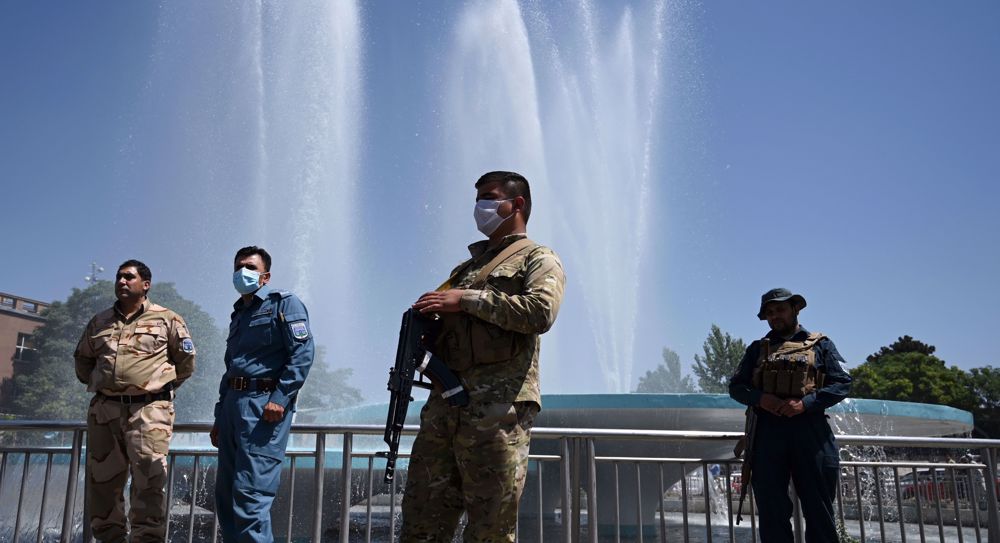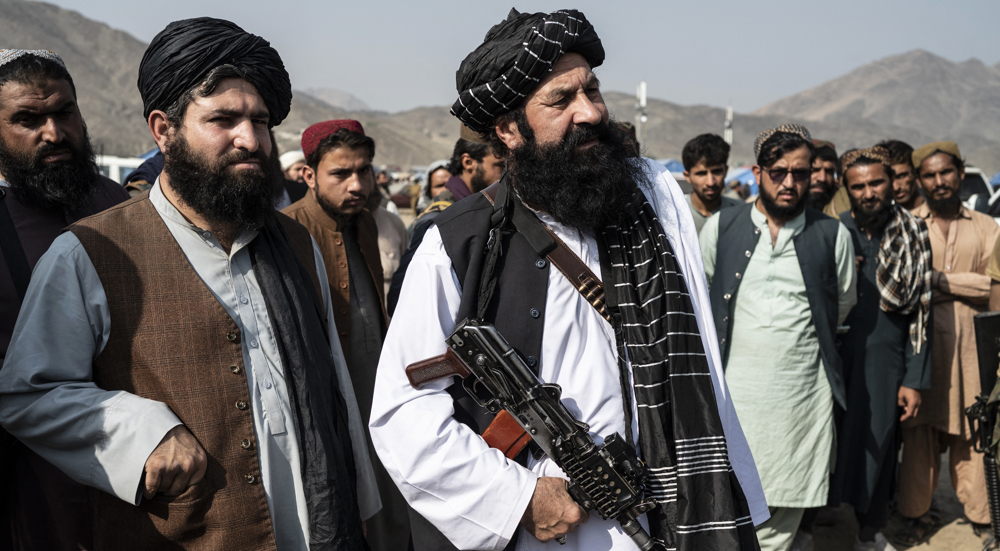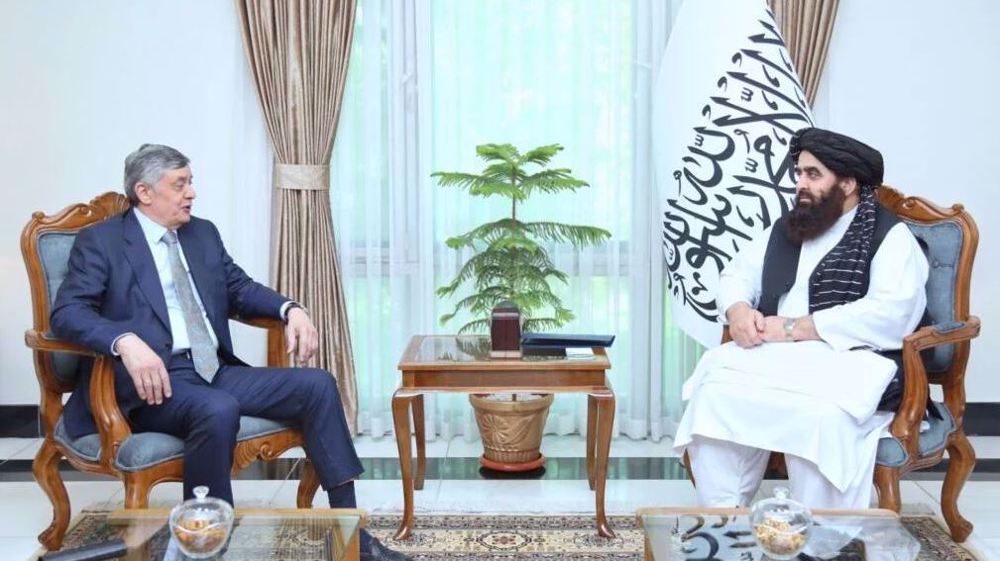Afghan people, officials call for permanent ceasefire
In Afghanistan, the public and officials have called for a lasting ceasefire in the wake of the government and the Taliban’s commitment to observe a three-day truce for the Muslim holiday of Eid al-Adha, starting Friday.
Fawzia Koofi, a member of the government’s negotiating team, said on Twitter Wednesday that she was “hoping for a lasting and permanent ceasefire.”
Sediq Sediqqi, the main spokesman for the Afghan president, said, “The people of Afghanistan demand a lasting ceasefire and the start of direct talks between the Taliban and the government of Afghanistan.”
Ahmad Jawed Ahmady, a civil engineer, hoped for “peace forever.”
Ali, a shopkeeper in Kabul who only gave one name, said three days was not enough. “We want peace forever. We have the right to live in peace like other countries, we want our country to develop. We are all – old and young – tired of this war.”
On Tuesday, Taliban spokesman Zabihullah Mujahid in a statement declared the three-day ceasefire. But any attack by “the enemy” would be met with force and retaliation, he said.
Kabul greeted the announcement with a note of caution.
The Taliban announced the militants were putting down weapons for the Eid after President Ashraf Ghani signaled progress in a contentious prisoner exchange.
The militants declared a similar three-day ceasefire at the end of the holy fasting month of Ramadan in May. The truce prompted widespread relief across Afghanistan, but it was short-lived, with the militants resuming deadly attacks straight afterwards.
The prisoner exchange has been regarded as a first step toward broader talks between the government and the militants. Its implementation had faced hurdles since the deal was signed.
Official data shows that bombings and other assaults by the Taliban have surged 70 percent since the militant group signed a deal with the United States.
The US-Taliban deal “was not designed to bring peace to Afghanistan, but to facilitate a face-saving exit of US forces and engagement from Afghanistan,” said Nishank Motwani, the deputy director at the Afghanistan Research and Evaluation Unit. “The Taliban fundamentally believe that victory is theirs.”
Observers say the recent bloodshed highlights the Taliban's determination to push for broad control in Afghanistan.
VIDEO | Yemenis praise the military for its successful operations against Israel
VIDEO | Israel continues to bomb Gaza homes
VIDEO | An insider's view of the country: Meybod City in Yazd
‘All wars have rules. All of those rules have been broken’ by Israel
VIDEO | Report flags India’s violation of rights of Rohingya detainees
Turkey's foreign minister meets Syria's de facto leader in Damascus
VIDEO | US Syria plots
'Next to impossible' to rescue patients from Gaza's Kamal Adwan Hospital: Director












 This makes it easy to access the Press TV website
This makes it easy to access the Press TV website